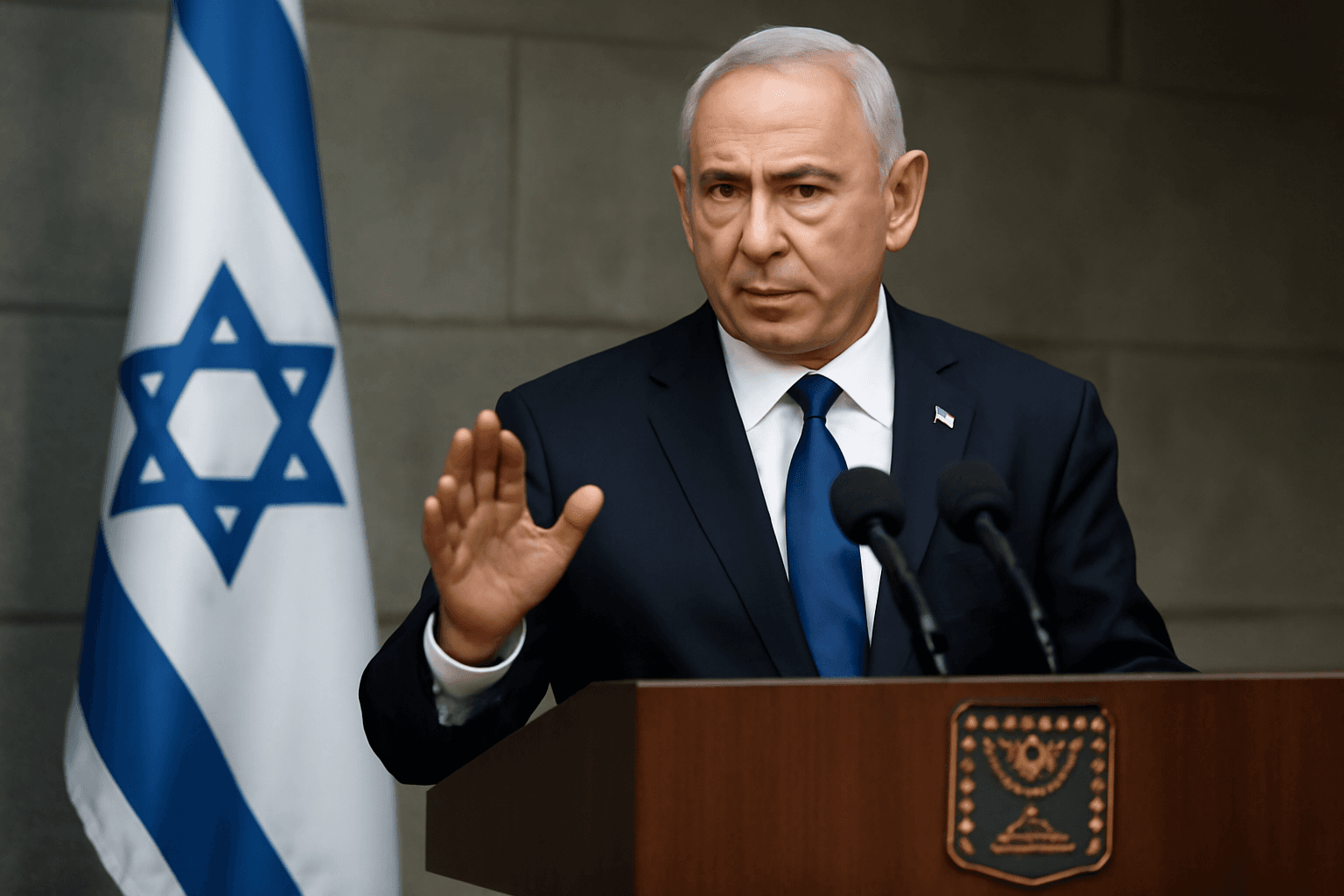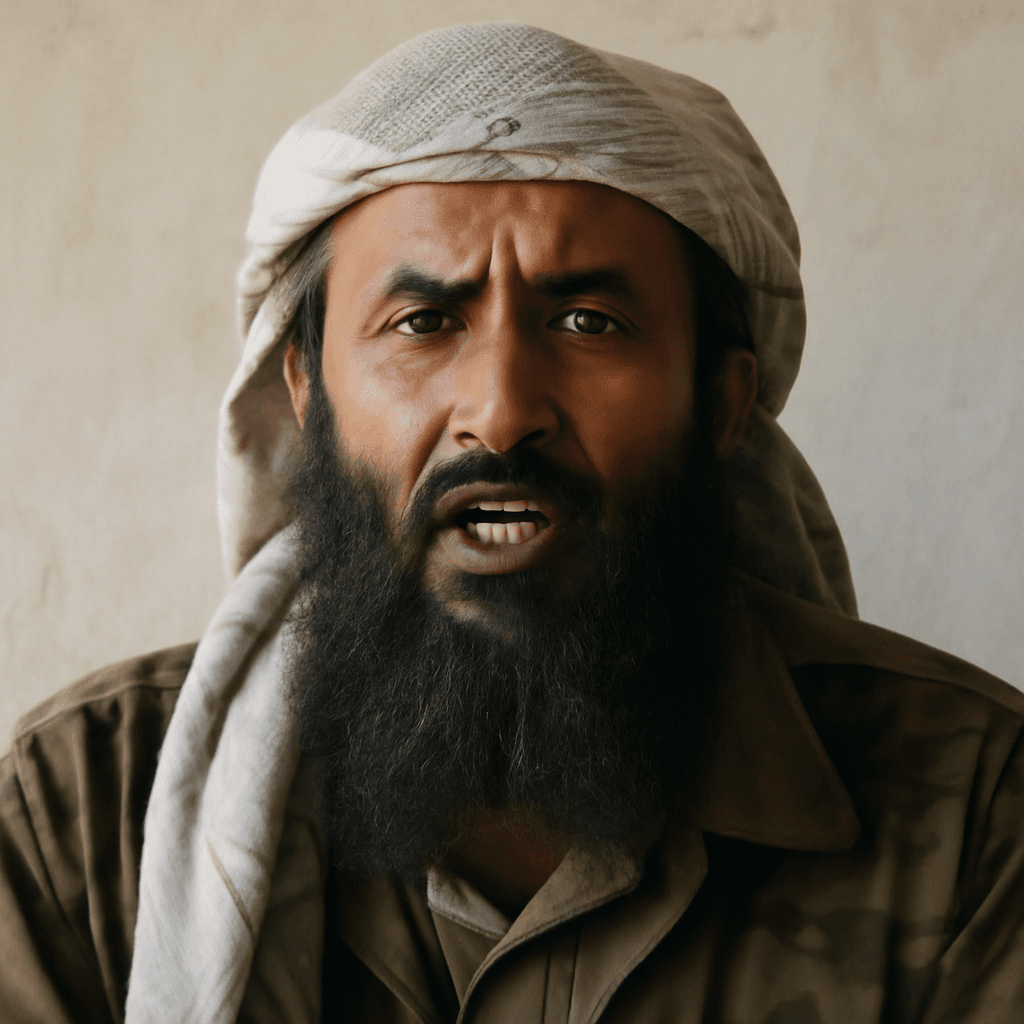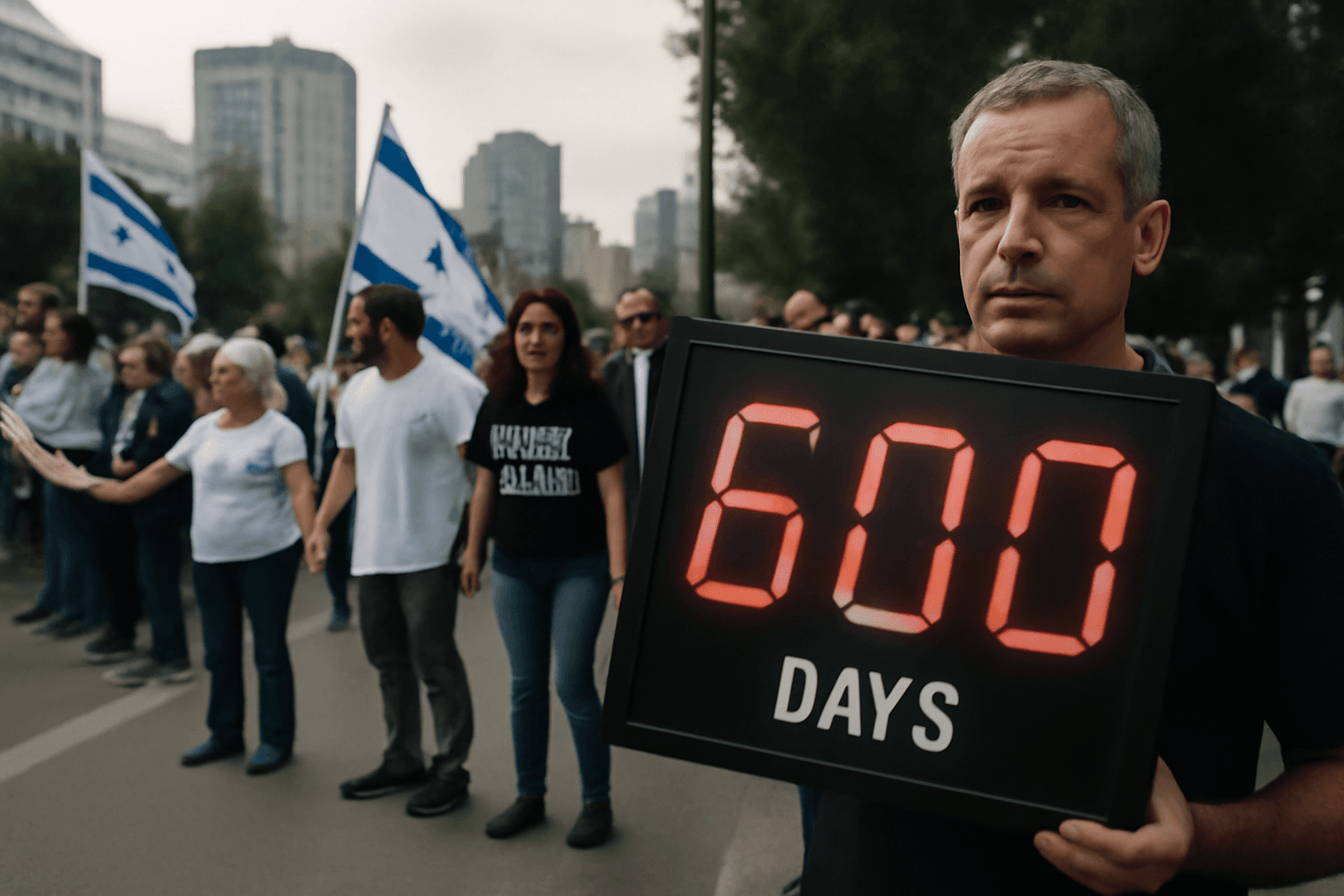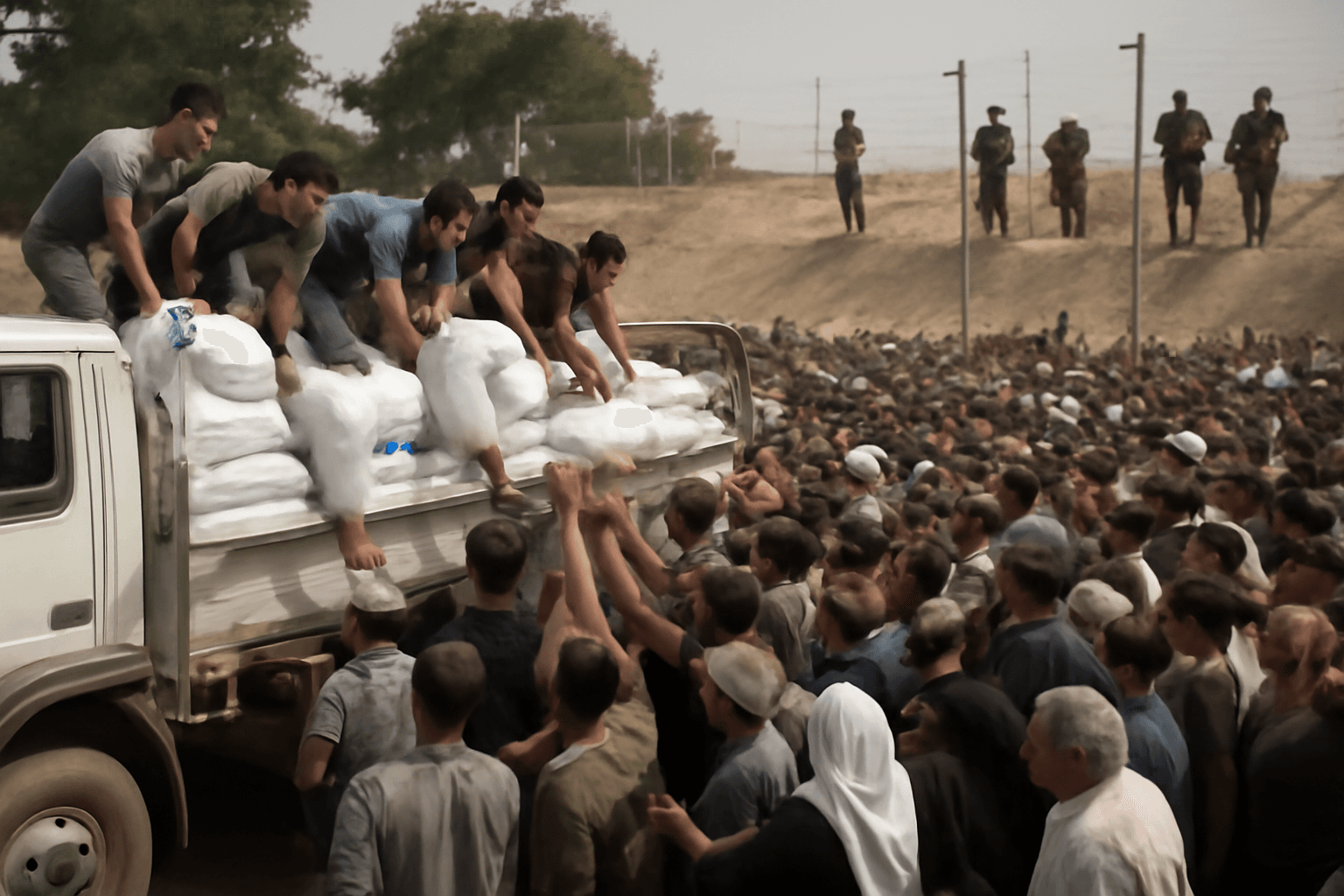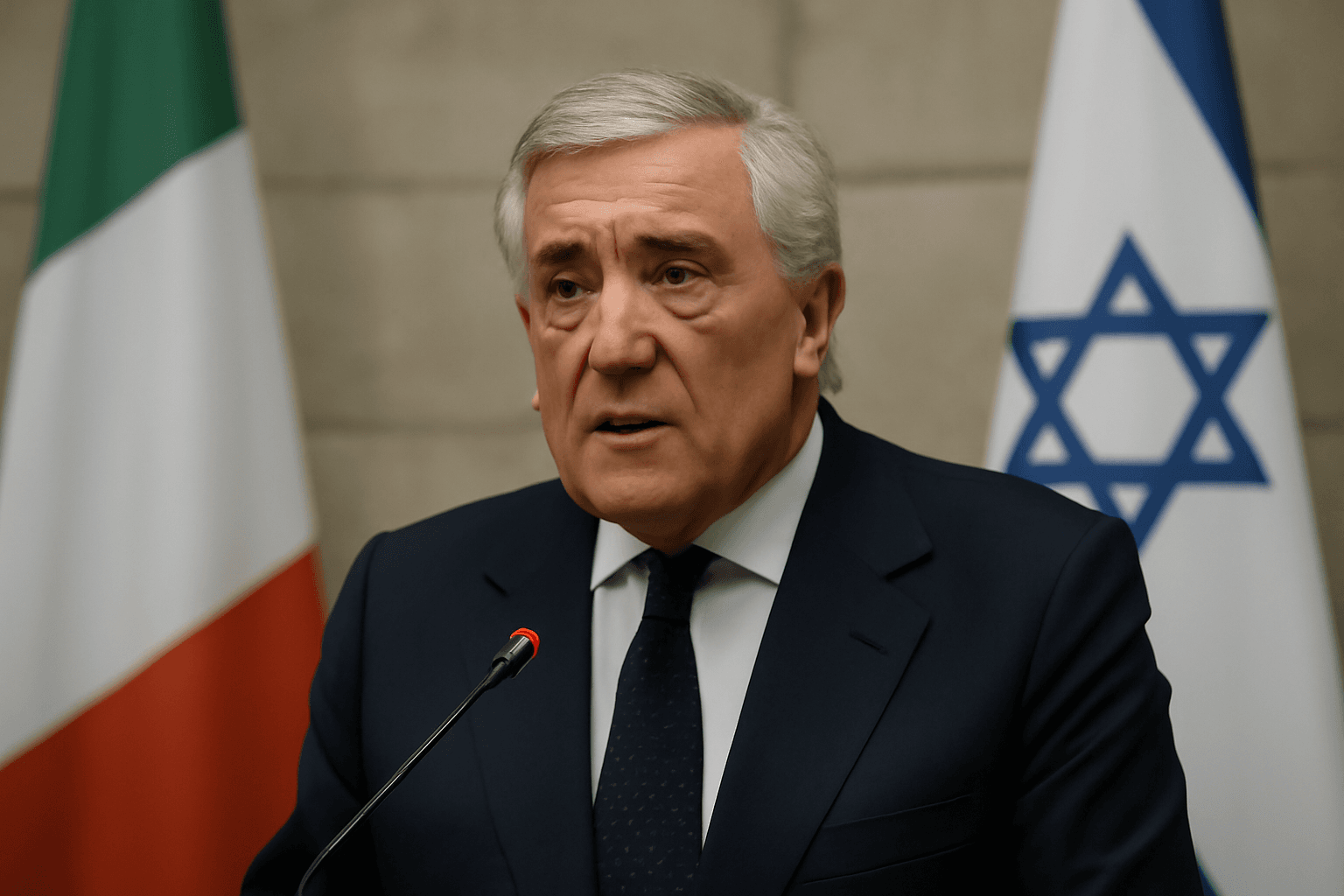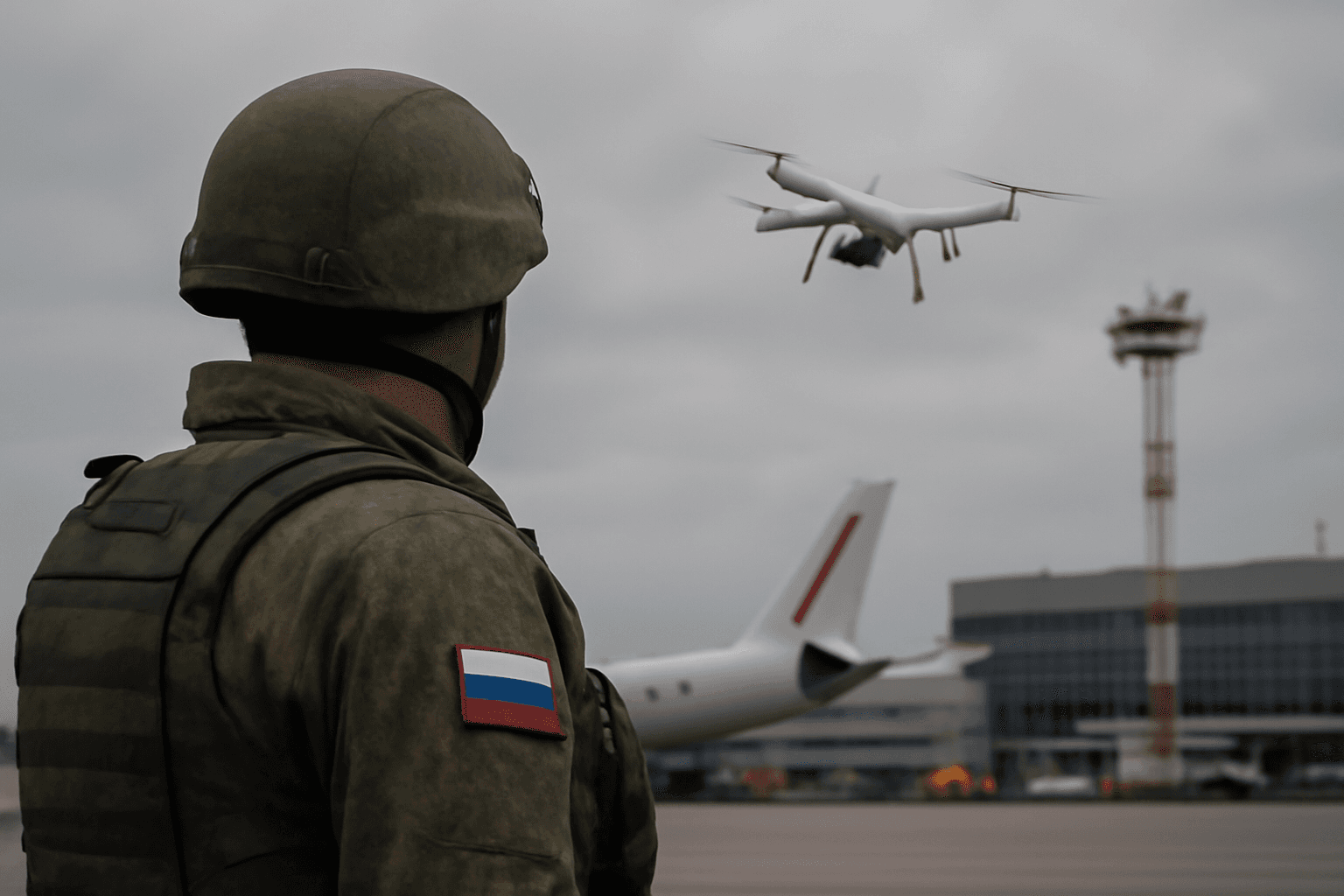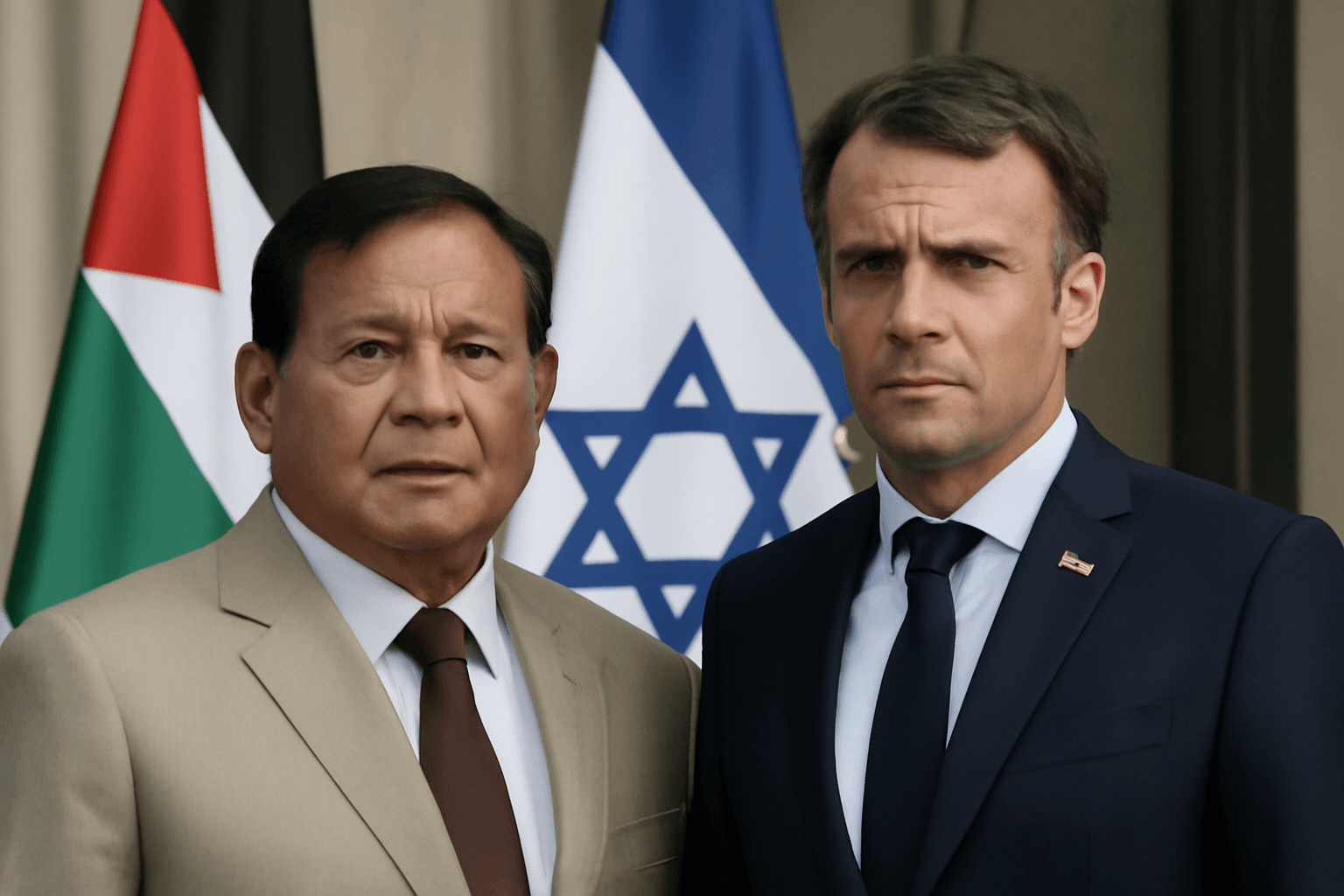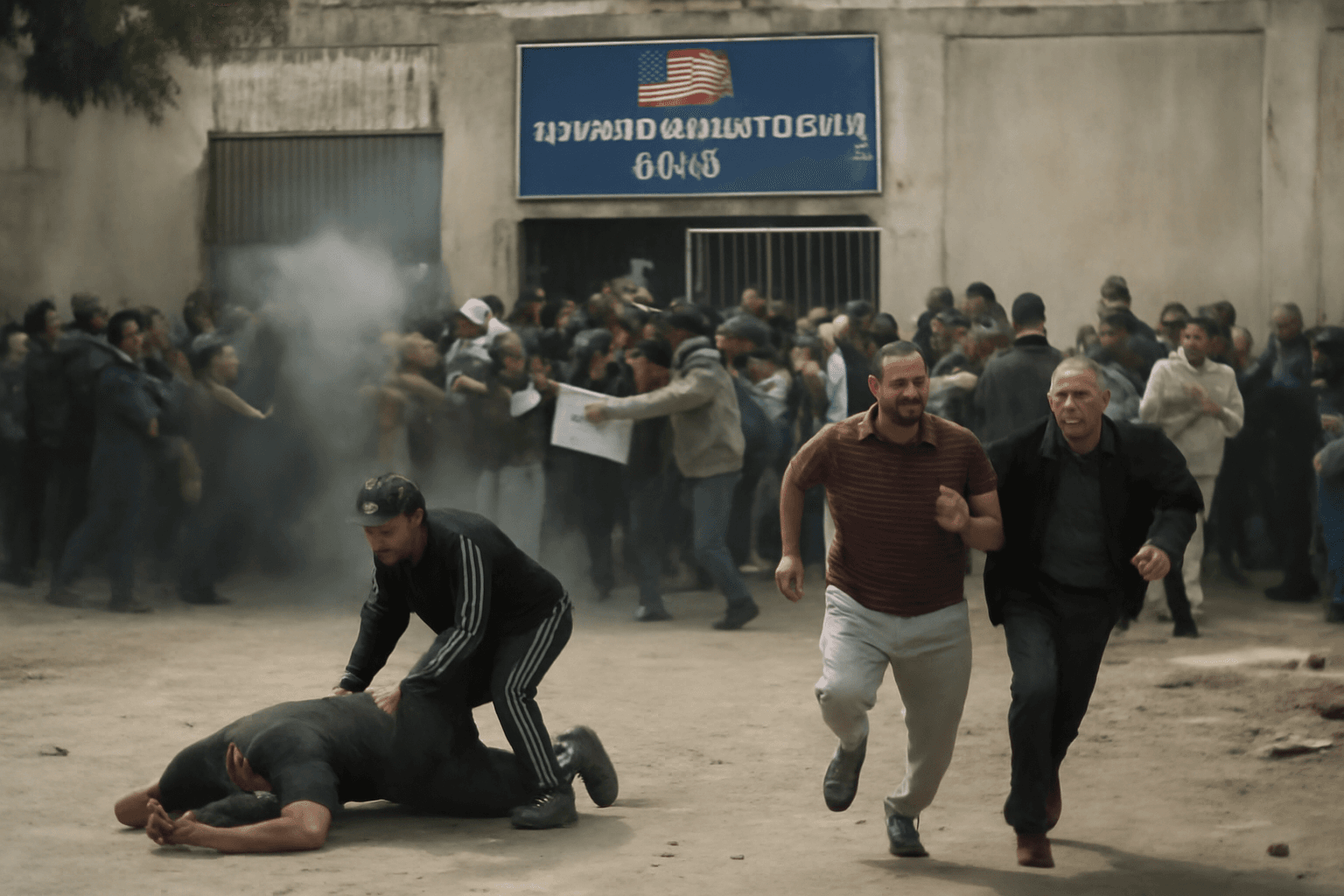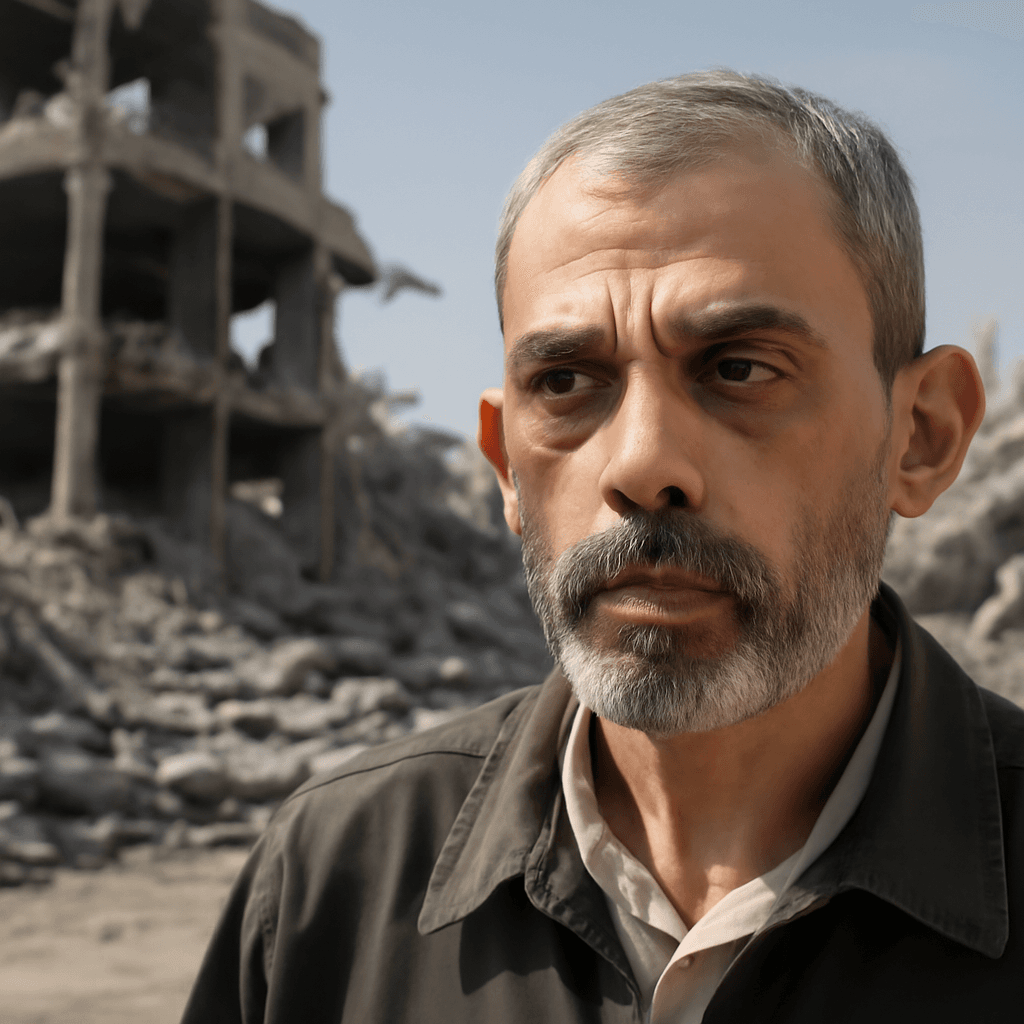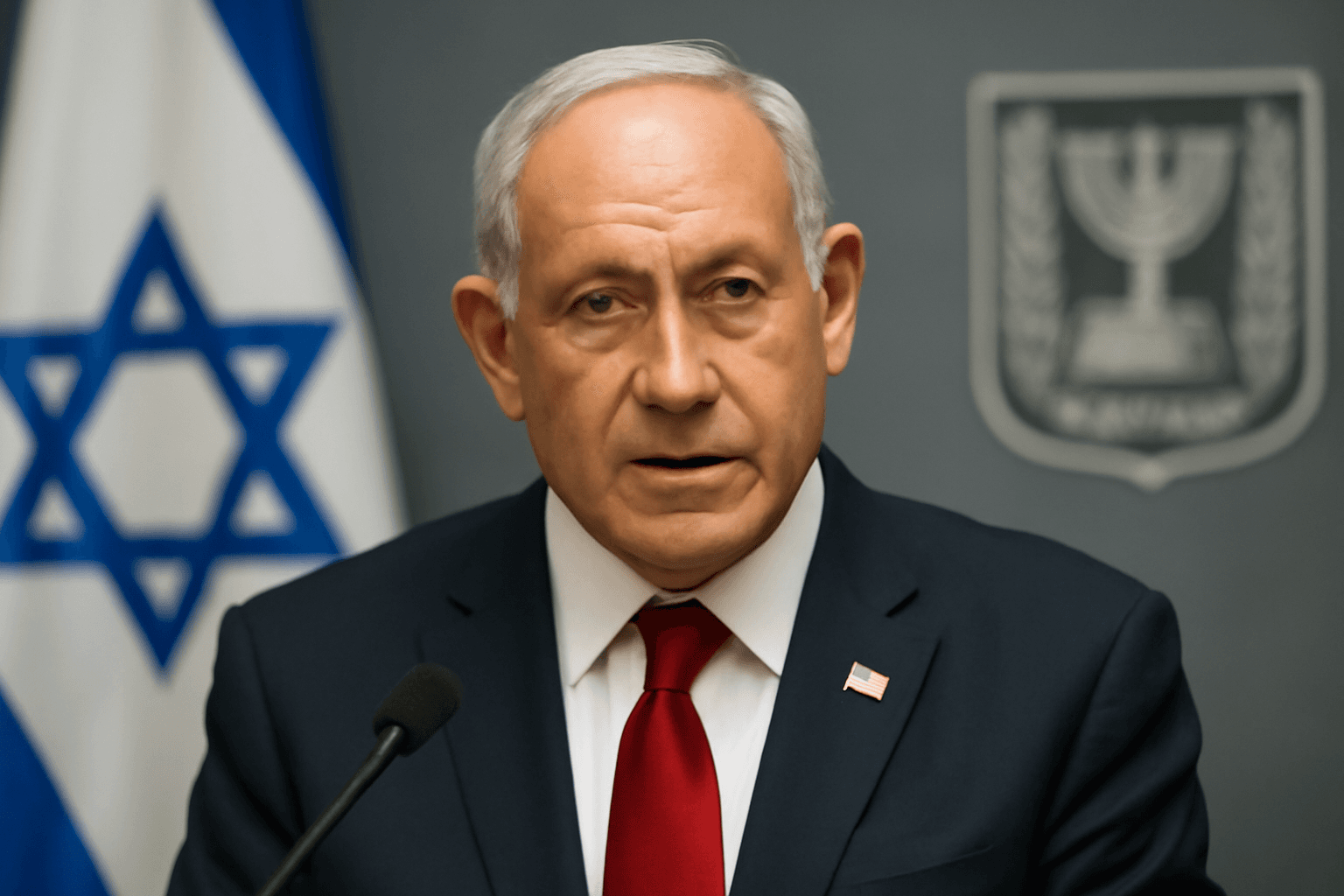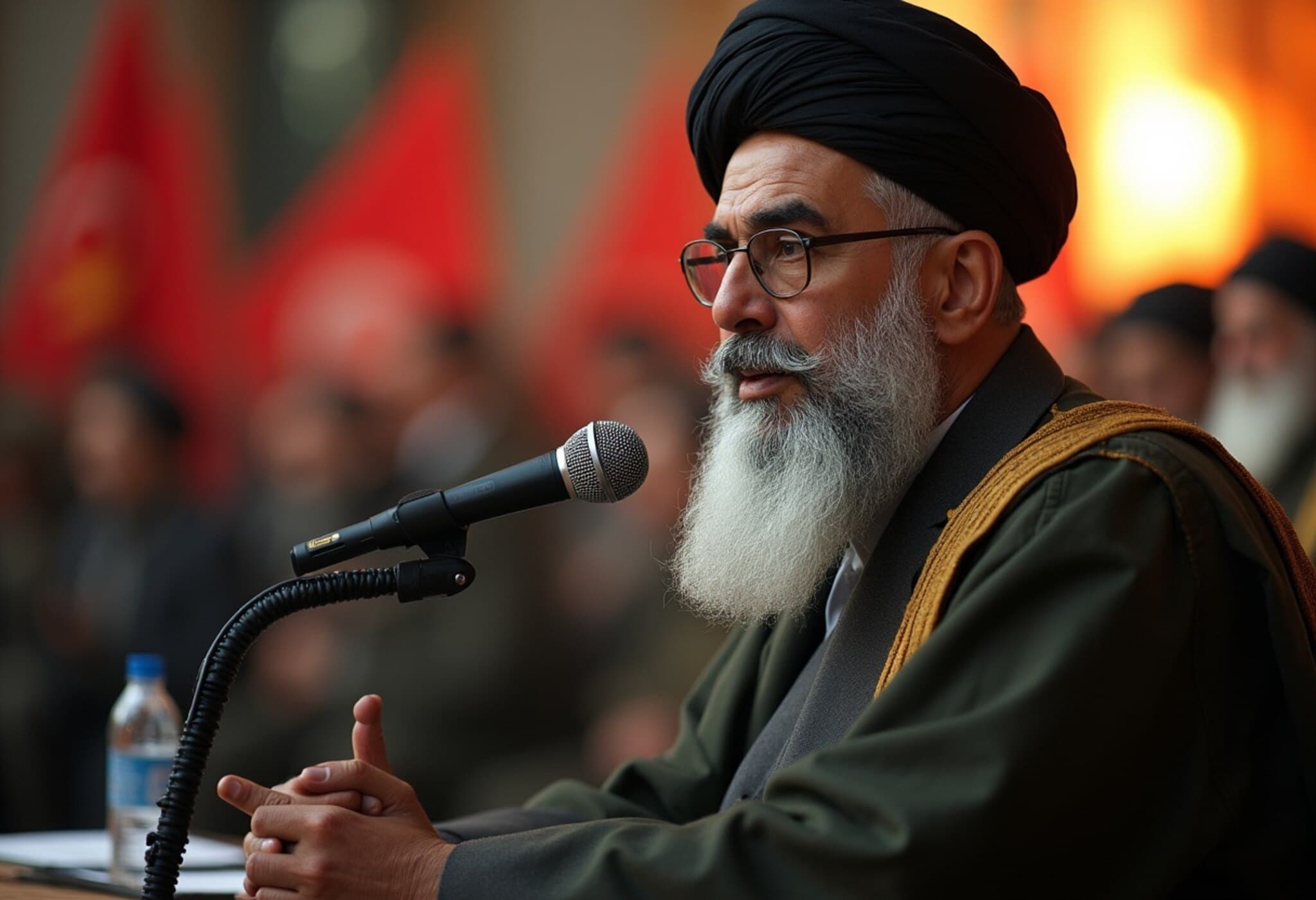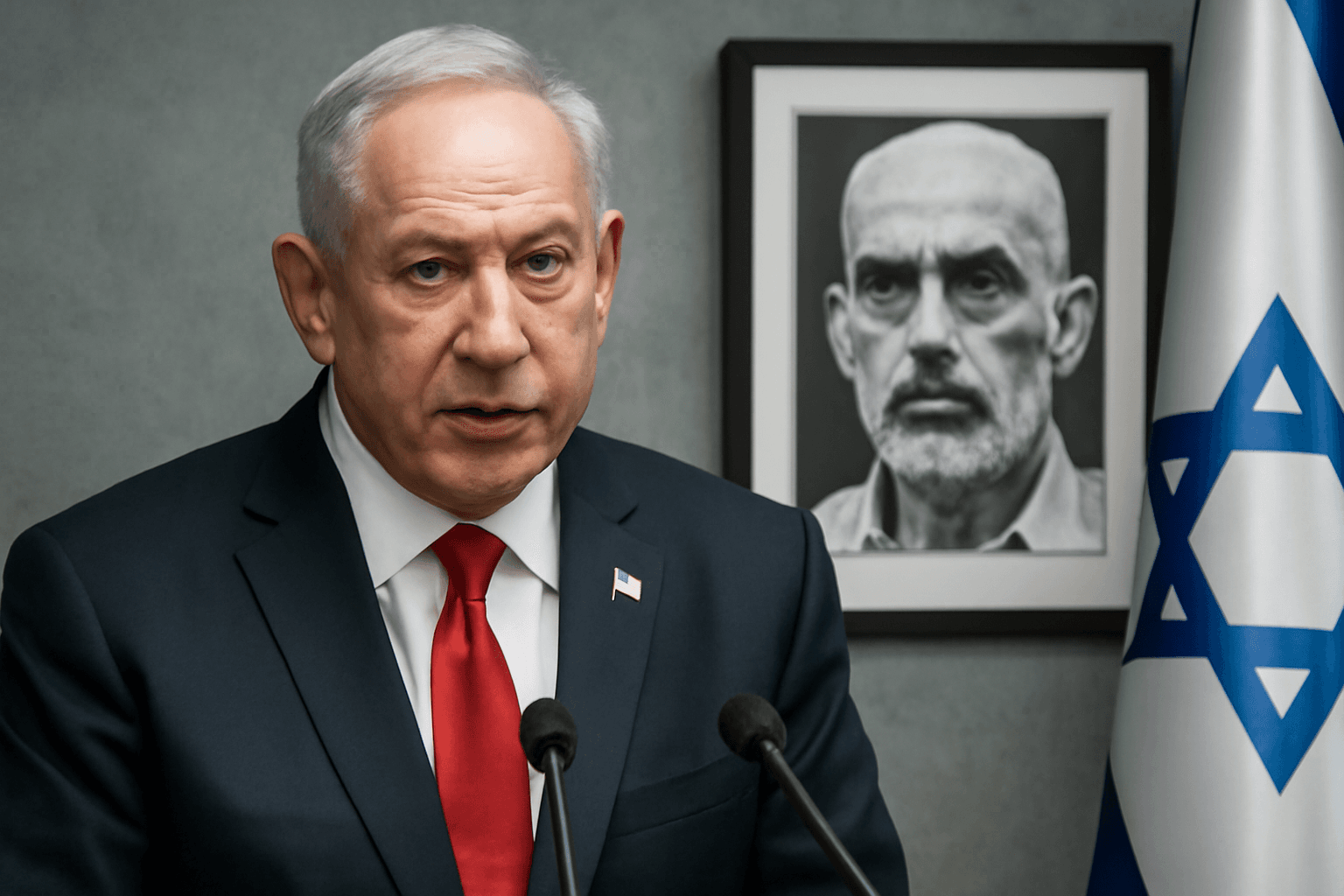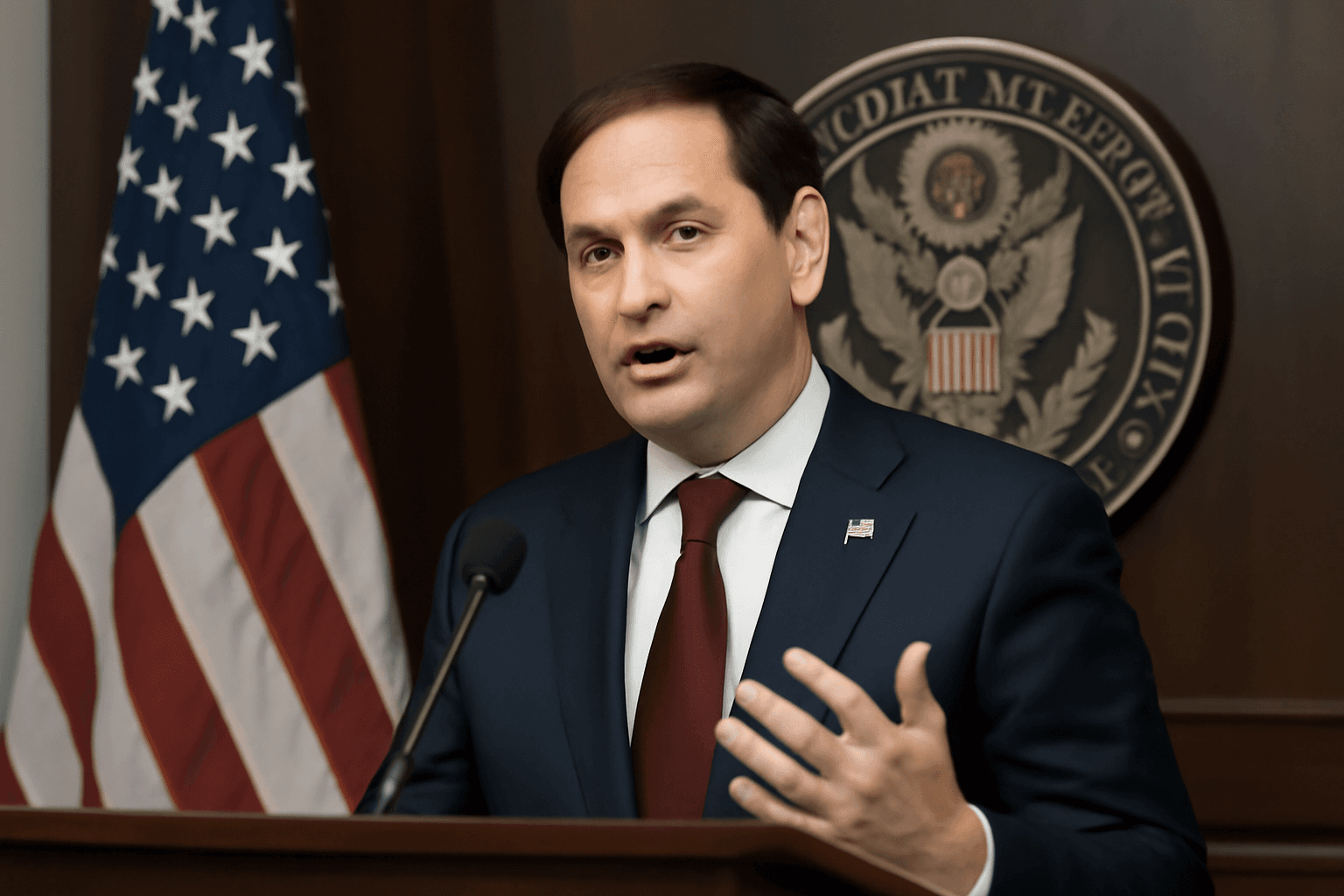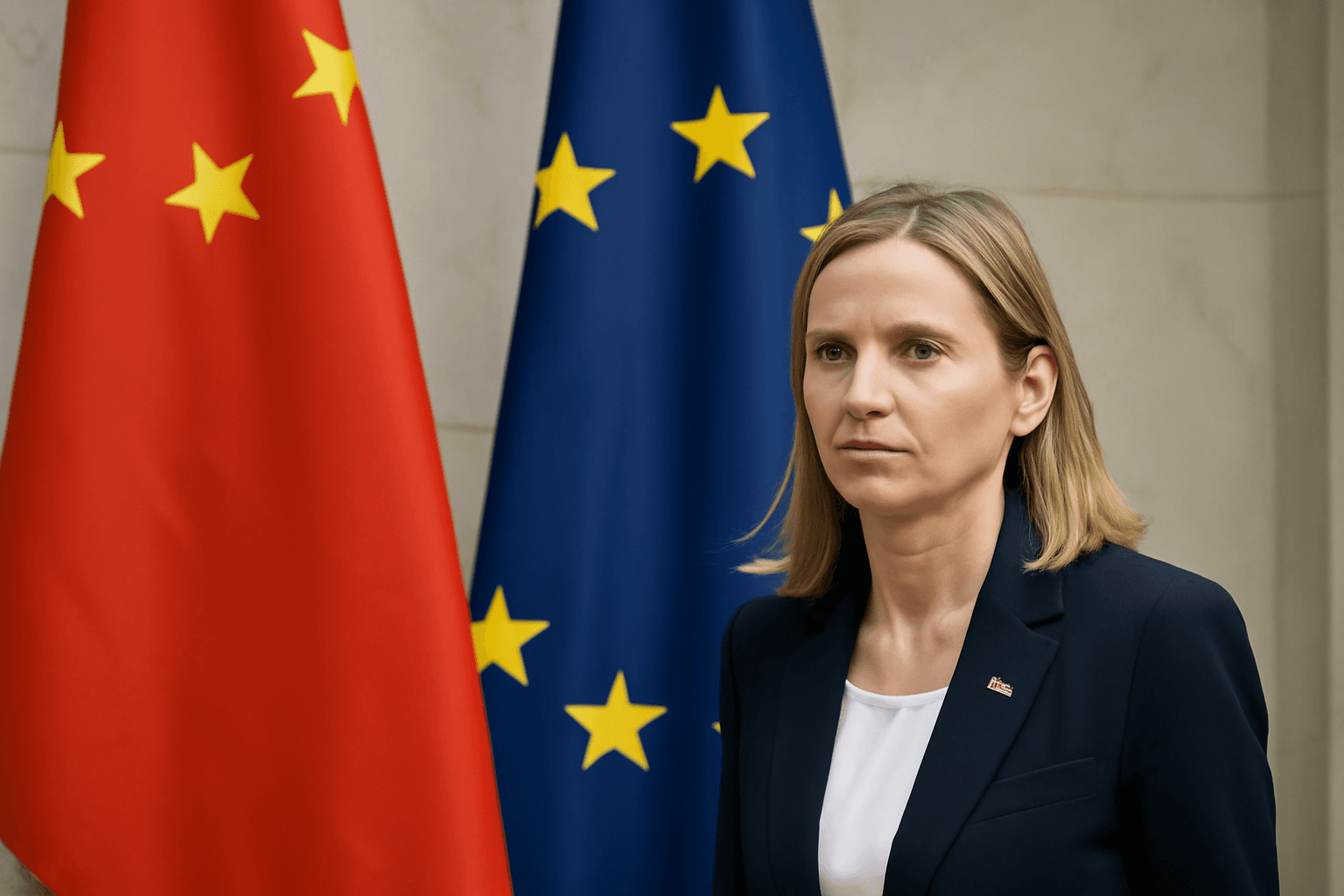On October 26, 2023, less than three weeks after Hamas orchestrated a deadly attack on Israeli soil resulting in over 1,200 fatalities and numerous hostages, Israel's Prime Minister declared that all Hamas members were "dead men walking". What initially sounded like war rhetoric became an uncompromising, extensive assassination campaign spanning 18 months, aimed at dismantling Hamas's entire leadership and support network.
This campaign went beyond immediate retribution—it was a strategic effort to decapitate Hamas by targeting its political leaders, military commanders, and regional backers across multiple countries.
Key Figures Targeted and Eliminated
- Yahya Sinwar: The mastermind behind the October 7 attacks, killed in Rafah by Israeli forces in late 2024. His death marked a pivotal moment in the Gaza operations.
- Mohammed Sinwar: Yahya’s younger brother and interim Hamas Gaza commander, eliminated in May 2025 during an airstrike on a tunnel beneath the European Hospital in Khan Younis.
- Mohammed Deif: The elusive military leader of Hamas’s Qassam Brigades, killed in Khan Younis in July 2024 after surviving numerous prior attempts. Israeli officials hailed his death as a strategic milestone.
- Ismail Haniyeh: Hamas’s political head, assassinated in Tehran on July 31, 2024, by a guided projectile striking his residence during Iran’s presidential inauguration, leaving Hamas politically weakened abroad.
- Fuad Shukr: Senior Hezbollah military strategist and weapons procurer, killed in Beirut shortly after a rocket attack from Lebanon resulted in 12 Israeli children’s deaths.
- Saleh al-Arouri: Senior Hamas political figure based in Lebanon, killed in a drone strike on a Hamas office in Beirut.
- Marwan Issa: Mohammed Deif’s deputy and essential tunnel warfare commander, killed in an airstrike on Gaza tunnels.
- Razi Mousavi: Senior Iranian Revolutionary Guard Corps (IRGC) official, killed in an Israeli strike on his residence in Damascus.
- Mohammad Reza Zahedi: IRGC Quds Force commander in Lebanon and Syria, eliminated in an airstrike on the Iranian consulate in Damascus.
- Ibrahim Biari: Hamas commander in Jabalia, killed during an airstrike targeting Hamas tunnel systems.
Several other unnamed commanders and aides, including Mohammed Shabanah, Hamas’s Rafah Brigade leader, are believed to have been killed as well.
Operational Scope and Strategy
Israel’s campaign, strongly endorsed and directed by Prime Minister Benjamin Netanyahu, was characterized by its boldness and geographical breadth. It extended beyond Gaza into Tehran, Beirut, and Damascus, sending a clear message that Hamas and Hezbollah leadership could no longer find safe havens anywhere.
This approach marked a significant departure from previous covert operations by embracing transparency and unrestrained action to eliminate leadership infrastructure and ideological symbols that fuel terrorism.
Diplomatic Dynamics and US Relations
Initially, the Biden administration advocated for restraint to minimize civilian casualties and encouraged diplomatic solutions. Nevertheless, Israel maintained its assault schedule, including targeted strikes during fragile ceasefire talks and negotiations.
Following Donald Trump’s return to the presidency in late 2024, Israel intensified its campaign independently, with little coordination with or restraint from the US administration. The assassination of Ismail Haniyeh in Tehran notably caught even the Trump team by surprise, underscoring Israel’s autonomous strategy.
Impact and Regional Repercussions
Within Gaza, the campaign has severely disrupted Hamas’s command structure, leaving the organization fragmented and militarily impaired. In Lebanon, Hezbollah continues cross-border hostilities but remains cautious due to the elimination of key commanders and the threat of heavy retaliation.
In Iran, Israeli strikes have penetrated deeply, killing senior IRGC commanders and shaking the regime’s sense of security. Despite US political leadership changes, Israel has consistently prioritized its national security objectives through decisive action.
Netanyahu’s vow that all those responsible for the October 7 attacks would be eliminated reflects a new doctrine of state-driven targeted assassination. This uncompromising approach signals a shift from covert operations to overt, strategic dismantlement of militant leadership across the region.
As a result, the individuals behind the October 7 attacks have not escaped retribution but continue to be systematically targeted, one by one, reshaping the regional landscape through a campaign few democratic states have undertaken so openly and intensively.

